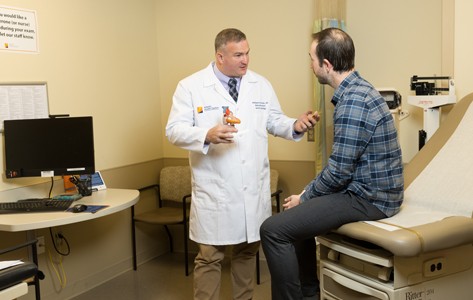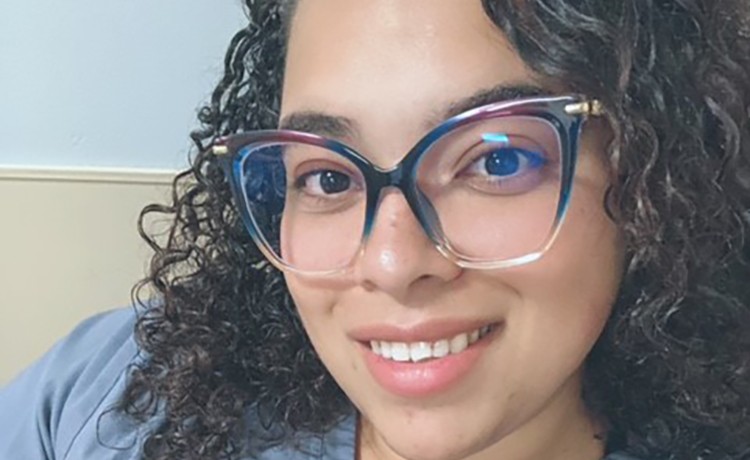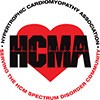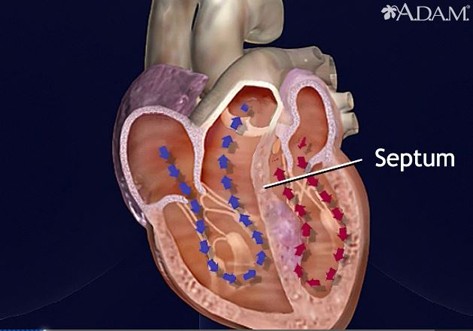
The medical team at Hypertrophic Cardiomyopathy Associates (HCM) are experts in treating hypertrophic cardiomyopathy, as well as Amyloid heart disease, Fabry's disease and left ventricle noncompaction.
We meet with patients and family members to discuss diagnosis and options for cardiovascular treatment. We treat patients age 10 and older. Patients can develop two different forms of HCM:
Obstructive HCM
Most HCM patients have the obstructive form of the disease. This means their mitral valve is too long and causes it to contact with the thickened heart muscle septum. This partially obstructs or prevents blood flow out of the heart. In some patients, this obstruction to blood flow is present at rest. In other patients it occurs only during exercise, requiring an exercise stress test be performed at the time of the clinical evaluation.
The obstruction to blood flow is responsible for what we refer to as “limiting” symptoms. These include: shortness of breath with activity, exertional fatigue, chest pressure, heart pounding and occasionally lightheadedness Most of the symptoms can be managed with specific medications. If the medications are not effective, patients are considered for for invasive treatment options to relieve the obstruction—via either surgical myectomy or alcohol ablation.
Non-Obstructive HCM
The remaining patients are considered non-obstructive HCM. This means their heart muscle is thickened but there is no obstruction to blood flow out of the heart at rest or with exercise. Symptoms of non-obstructive HCM are often controlled well with medications. These patients do not benefit from invasive treatments such as surgical myectomy or alcohol septal ablation.
Severity of symptoms and risk of complications vary greatly between HCM patients. Many individuals with HCM never experience serious problems or symptoms. In contrast, others develop symptoms similar to other forms of heart disease including:
- Breathlessness
- Chest pain with exercise
- Fatigue
- Swelling in the lower extremities
- Exercise intolerance
Our physician practice works closely with the Gagnon Cardiovascular Institute at Morristown Medical Center, which offers patients world-class medical experts and award-winning cardiovascular diagnostic and treatment services.
Diagnosis and Treatment for Patients with HCM
Our practice, the Center for Hypertrophic Cardiomyopathy, provides HCM screenings, community outreach, as well as imaging and diagnostics. When needed, we provide access to interventions such as implantation of defibrillators and catheter-based interventions.
In addition to a comprehensive physical exam, the following tests help to confirm and manage your HCM:
- Electrocardiogram (ECG)
- Echocardiogram (Echo)
- Stress (exercise) echocardiogram
- Cardiac MRI
- Genetic testing

Sara's Story
As a working mom with two daughters—one of whom had health issues from an early age—Sara always puts her children and her husband, Raul, first. Unfortunately, that meant she ignored her own health concerns, which included shortness of breath, dizziness, heart palpitations and sometimes debilitating chest pains. But when her younger brother received a surprising diagnosis of a life-threatening heart condition called hypertrophic cardiomyopathy (HCM), she realized she had it, too. Five years later, her HCM is under control, and she’s helping others realize that they can have the condition and still lead a normal life.

Clinical Trials for HCM
Our cardiologists at Hypertrophic Cardiomyopathy Associates (HCM) not only provide excellent medical care, but also remain active in clinical research trials from which our current and future patients may benefit, as well as in the education of medical students and residents. Our participation in clinical trials has helped expand treatment options for patients dealing with HCM. For some patients, we are able to offer hope through testing of new drugs, new surgical techniques or other treatments before they are widely available.

Hypertrophic Cardiomyopathy Associates (HCM) Location
Awards & Accreditations

